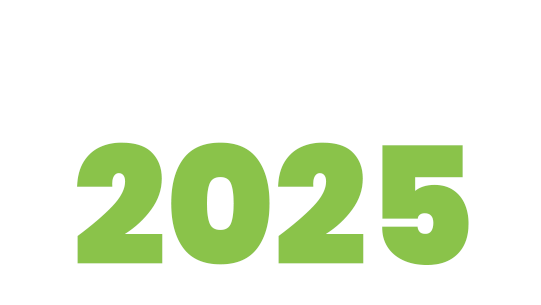
IS07 - Data-Driven Modeling and Design of Additively Manufactured Materials and Structures
Keywords: data-driven, inverse design, machine learning, process-structure-property linkages
Accelerating materials development for additive manufacturing (AM) is an important goal in science and industry to exploit the full potential of the technology and to enable sustainable production. It is vital to improve in-depth understanding of the interplay between material composition, processing parameters, the resulting microstructure and the behavior under different loading conditions. With advancements in digitization as well as high-throughput simulations and experiments enhancing data availability, the interest in data-driven techniques for the design of materials and structures is continually growing. This way, tailoring the chemical composition and the microstructure of classical materials as well as the internal structure of architected materials for a targeted property, i.e., inverse design, will become feasible.
Research in the field of data-driven modeling and materials design for AM covers a wide range of topics. For instance, thermodynamic modeling to predict the formation of phases, the simulation of microstructure formation and evolution or techniques for reconstructing microstructures from image data enable the generation and parametrization of appropriate representative or statistical volume elements. Computational homogenization of these microstructures facilitates prediction of the effective properties. To describe the behavior of AM materials and structures with high precision, machine learning approaches that incorporate knowledge from fundamental underlying physics to improved extrapolation capability and to allow sparse training data as well as the direct integration of design parameters. Beyond constitutive modeling, data analysis and machine learning help to exploit knowledge from simulations in terms of surrogate models and are, therefore, key to the prediction of process-structure-property linkages for the computational design and optimization of materials and structures.
Topics of interest of this session include but are not limited to data-driven methods for:
• inverse, generative design and optimization of classical and architected materials,
• design of materials for additive manufacturing, e.g. metallic alloys, polymers, ceramics
• AM process simulations to predict the solidification, and formation of phases and microstructures as well as resulting material properties,
• techniques for exploration of composition-process-structure-property linkages or part of it.

